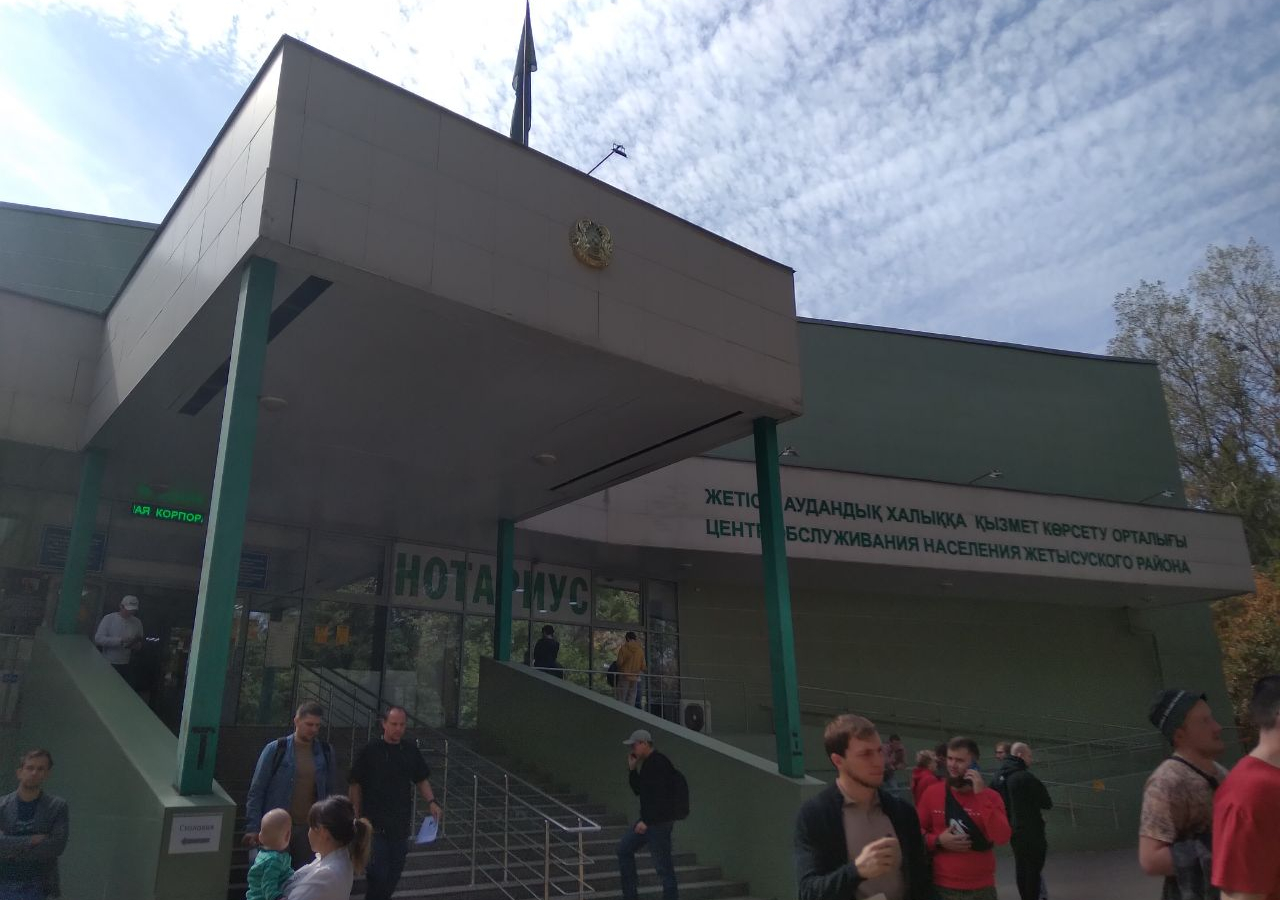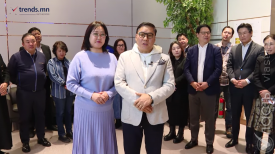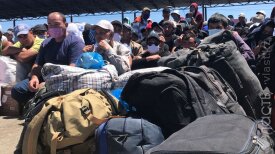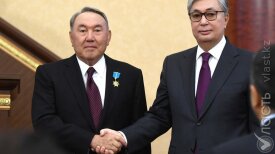Kazakhstan has been accepting men fleeing from Russia since the beginning of the war, and their number has significantly increased since the government announced the mobilization. In the north of the country, Kazakhstani volunteers help those who crossed the border, while social networks are teeming with chat rooms for Russians who have questions about life in Kazakhstan. Humanist considerations make it compelling to help those fleeing the war, who would be otherwise joining the ranks of the army. But do we really want to help those who have yet to come to terms with their imperialist past and present?
On September 21, Russian President Vladimir Putin announced a partial draft – yet men of all ages were called up to the front. In the two weeks since the announcement, 200,000 Russians passed through Kazakhstan’s borders. Some of them made their mind in just a few hours, some left their families behind, some stood several hours or even days in line at the border posts. It was a difficult decision, since the Russian government has taken away their ability to freely choose.
It is difficult to discount their fear, but we cannot forget our own, which is rooted in our memory. Colonization, political repression, asharshylyk are only a few of the historical nodes of the influence of Russia in Kazakhstan. And these even cannot be forgotten, especially since the blame and responsibility was traditionally shifted onto the people of Kazakhstan.
Would Russia be as hospitable to us were there to occur catastrophic events in Kazakhstan? Would Russians give food, water, and shelter to refugees from this side of the border, like we do with them?
Are they now ready to accept our culture?
Central Asians have faced xenophobia in Russia for decades. Our appearance and the color of our passport were the only measure they used to judge us. For the majority of Russians we will remain labor migrants from underdeveloped countries, people who would never build Moscow’s grandeur. Yet, our border is still open and people from Kazakhstan continue to rescue those who escape the war.
We also should not forget that Putin was not the only one who set out “to destroy the Nazis in Ukraine and liberate Russian territories.” Russian citizens also willingly took part in this decision to kill people and destroy cities. But war does not bear peace, people in Kazakhstan know this.
What are Russians really running from – the fear of killing or the fear of being killed? Do they support the so-called “special operation” that has already claimed around 6,000 civilian victims in Ukraine, according to partial data from the UN? Will those who found refuge in Kazakhstan be grateful for the hospitality, not just in the short term?
It is difficult to find definitive answers to these questions. Only one thing is clear now: We will have to learn to live next to citizens of a country that unleashed a terrible and criminal war.
Поддержите журналистику, которой доверяют.








